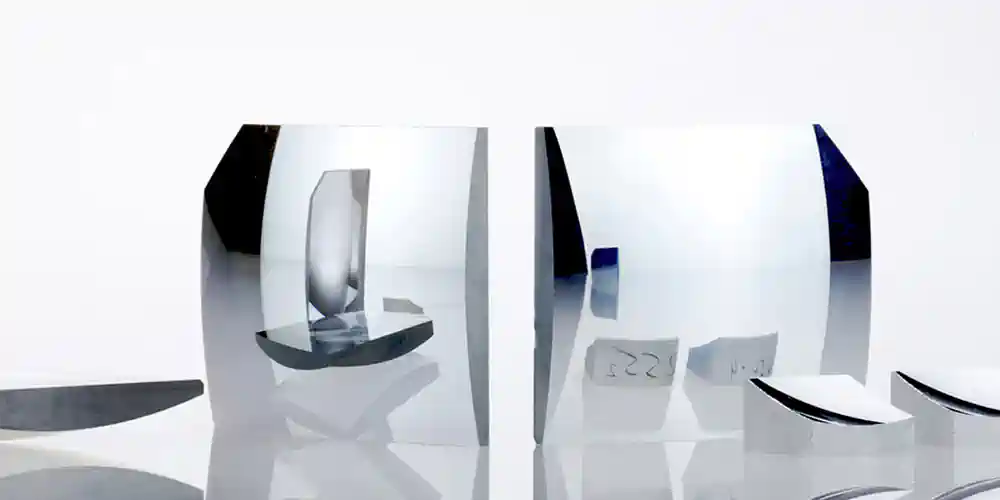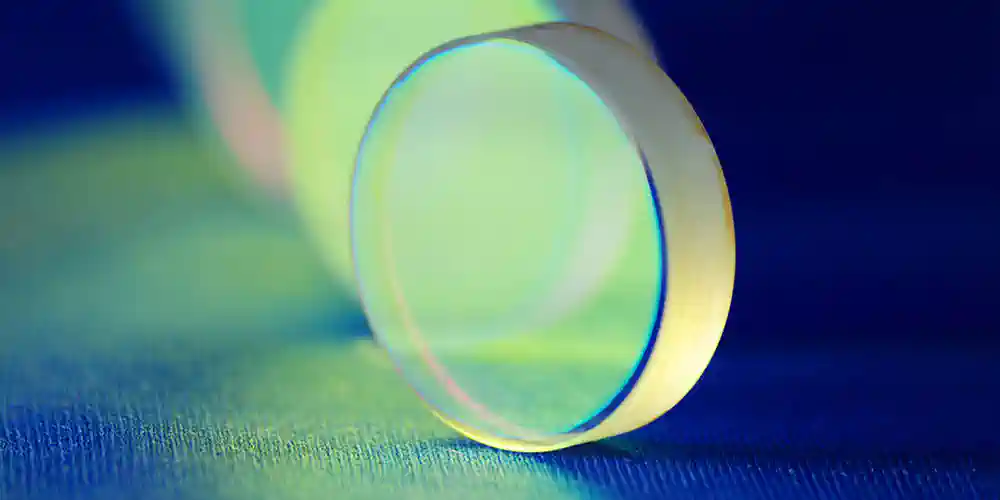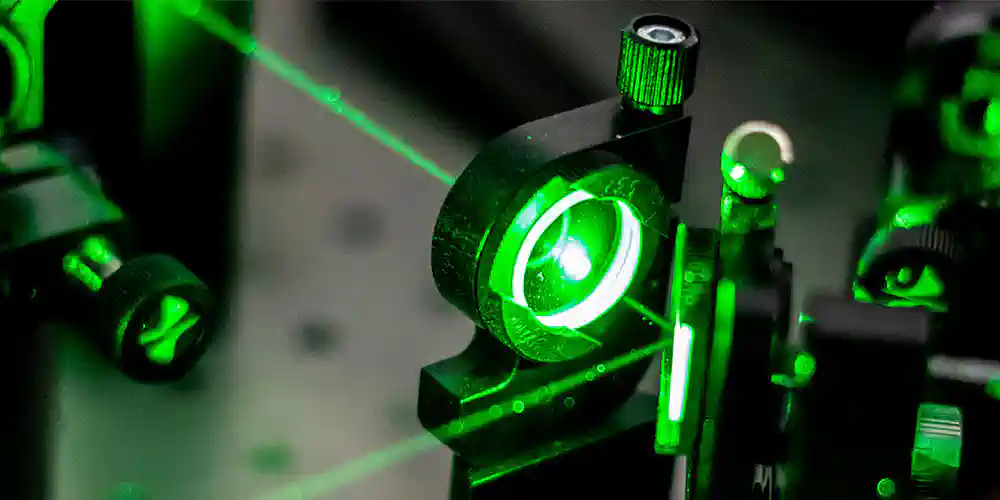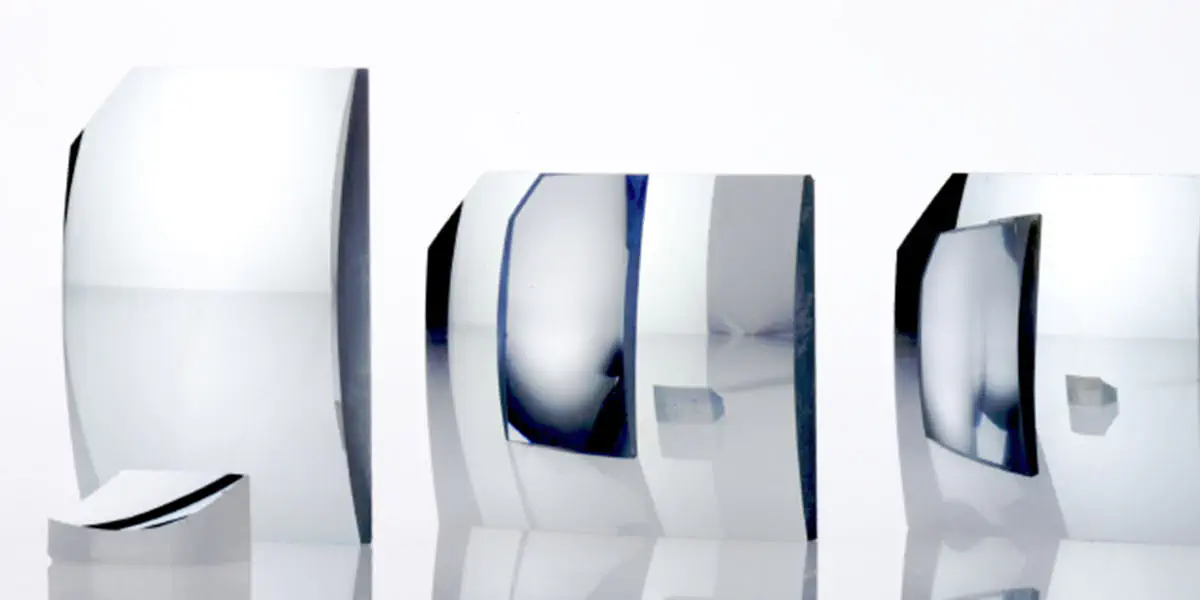
Optical Mirrors
High-quality material meets innovative technology.
Custom made optical mirrors
Optical mirrors find wide applications across numerous industries such as imaging, lighting, interferometry, life sciences and semiconductors. At asphericon, we meticulously craft a range of precision mirrors including laser mirrors, IR mirrors and aspherical reflectors. We source an array of bespoke materials for these mirrors, from various types of glass to silicon and ZERODUR®. Our extensive collection of high-end optical coatings ensures high reflection at your desired wavelengths or ranges.
Optical mirrors from asphericon
Whether it’s components for telescopes or metrology, asphericon is your one-stop shop for all sophisticated solutions requiring absolute precision. Apart from designing and producing
we also offer coated mirror elements as well as dielectric mirrors with reflective properties exceeding 99% customized for individual wavelengths, two wavelengths, and the broadband range. Additionally, we provide coating solutions for both VIS and IR ranges.
Types of mirror coatings
Depending on our clients’ needs, we offer a variety of optical mirror coatings:
- Metallic mirrors
- Dielectric coatings
- Filter coatings
Metallic reflective coatings
Coating surfaces with reflective metals such as aluminium (Al), silver (Ag) or gold (Au) is referred to as metallic mirror or reflective coating. Metallic mirrors achieve around 96% reflectivity, with the remaining light (about 4%) typically absorbed, causing the mirror to heat up under intense light. The advantage of metallic mirrors lies in their cost-effectiveness and broad reflectivity, making them suitable for devices such as spectrometers and telescopes. Different metals serve different applications: aluminium provides high reflectivity for UV light, while silver, with its minimal light absorption in the VIS and NIR spectrum, is a go-to for budget-conscious systems. For the NIR range, chemically resistant gold-coated optical mirrors are preferred. Considering the lower mechanical strength and chemical resistance of metal coatings, it’s beneficial to additionally protect them with a dielectric layer.
Dielectric coatings
When mirrors with even higher reflectivity are needed, we employ dielectric materials. They can reflect up to 99.9% of light while heating up less than their metallic counterparts. Furthermore, dielectric mirror coatings provide precise control over transmitted wavelengths. These mirrors are crafted for various angles of incidence, and offer a stress-minimized and durable solution, especially for applications with high laser power.
Filter coatings
Anti-reflective coatings are a critical addition when optical components need high transmission – for instance, to reduce reflection losses within the beam direction of optical systems. Different types range from single coatings to multi-layered systems and reflection-minimizing optical coatings, which are particularly suited for laser applications. Specifically, V-coatings are employed in laser applications to safeguard the optics from damage.
For an extensive look at our coating offerings, please refer to our coating services section.
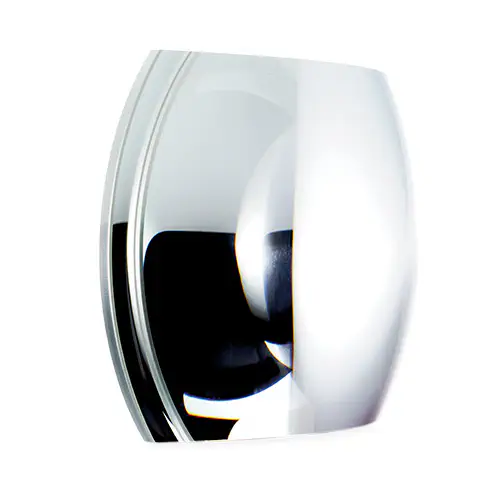 Optical mirrors from asphericon
Optical mirrors from asphericon
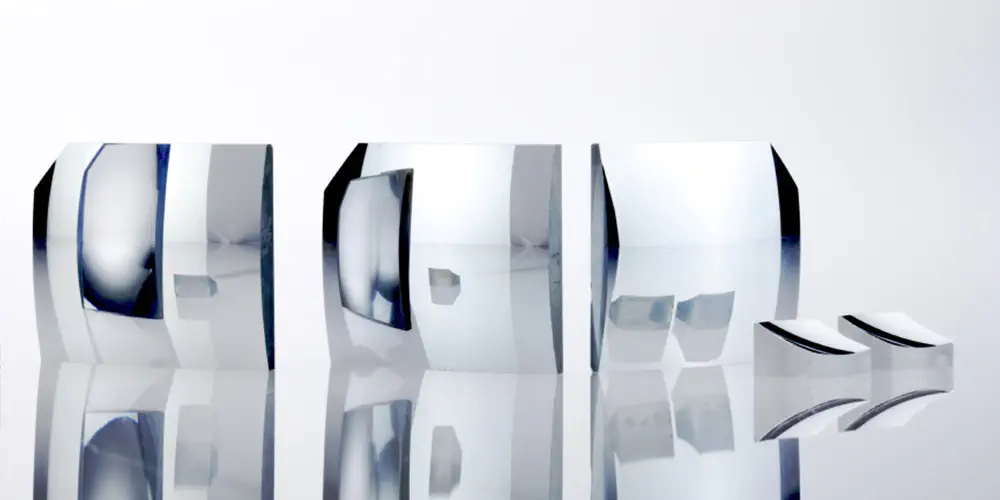 Components and coated mirrors
Components and coated mirrors
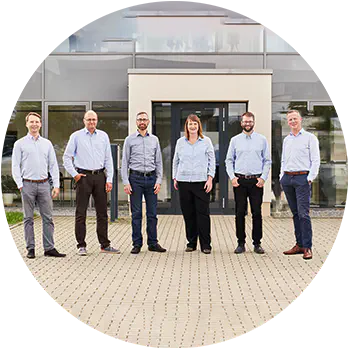

Specifications optical mirrors
| Customized Mirrors | |
|---|---|
| Diameter | 1-420 mm |
| Diameter Tolerance | +0/-0.3 mm |
| RMS irregularities (RMSi) | 25 nm |
| Surface imperfections (Scratch/Dig) | 20 - 10 |
| Coating | Customer specific |
| Measurement | Full-surface interferometric |
| Material | Customer specific (almost any type of glass, quartz glass, silicon, ZERODUR®) |
| Mounting | Customer specific |
| Delivery time | From 6-8 weeks |
📎 Download data sheet production capabilities
Where do optical mirrors fit in?
Mirrors and optics with reflective coatings are employed in many different industries and applications. Broadly speaking, they shine in the realm of photonics, providing solutions for imaging and lighting, and assisting in research and development. Given their ability to manipulate the path of a beam in optical systems, mirrors are vital in laser applications. This in turn benefits fields such as health technology, space exploration and materials processing. The worlds of sensor technology and semiconductors could not function without these optical mirrors.
Reference project
Your request


